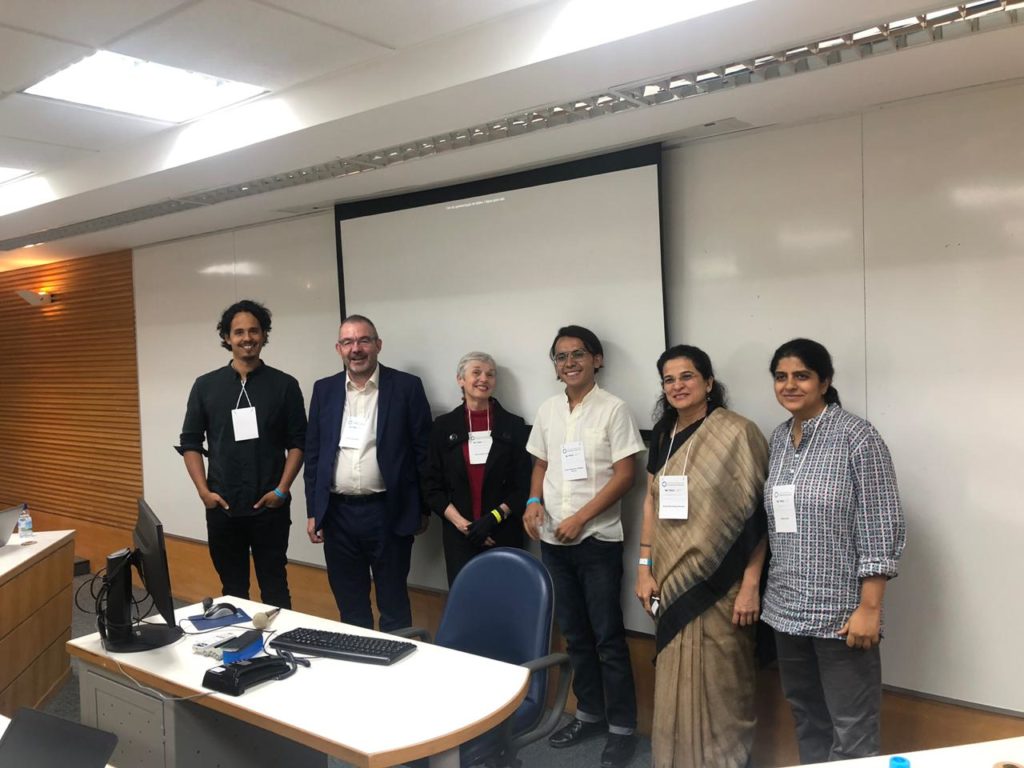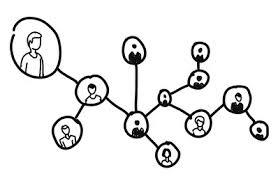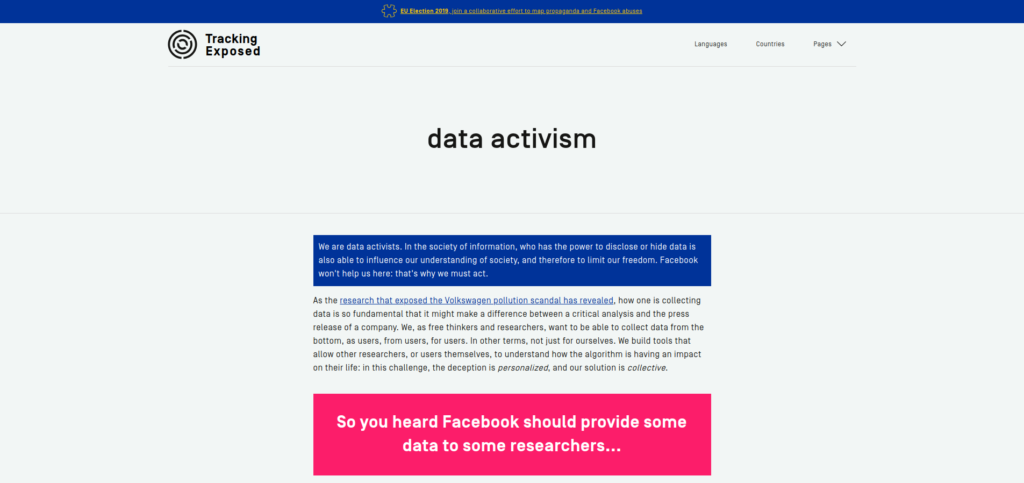Last week, Guillén was in Rio de Janeiro, Brazil, to present part of his PhD project on the sociotechnical obstacles faced by data/information activists in Mexico and the strategies they develop to overcome them. His talk, “Institutional Resistance to Datafication-from-below”, was part of the pannel “Civil Society Experiences”, in which researchers and practitioners from México, India and the UK reflected around how the legal frameworks of transparency are experienced by engaged citizens.
Below you can find the abstract of his presentation. Get in touch with him if you’d like to discuss!
Governmental transparency through Freedom of Information Laws has become a standard in modern liberal democracies. Although the connection between transparency and political accountability has been thoroughly questioned, research seems to confirm that access to public sector information is a key (albeit not sufficient) factor fostering citizen empowerment. However, a recent trend in Latin America, denounced by both practitioners and academics, consists of governments, who in paper state their support for transparency, implementing various kinds of strategies to hinder the process of accessing public sector information, curbing governmental transparency. While a considerable body of research on transparency’s performance in many countries around the world has focused on its drawbacks and challenges, and there is even a specific set of literature looking particularly at the factors that affect governmental responsiveness to FOI requests, the attention of scholars has mostly been set on what happens within institutions, while the experiences of politically engaged citizens have received less study. In this paper I chose a different path, focusing on how Mexican information activists experience and make sense of delays, denials and obstacles during the process of accessing Public Sector Information through the Freedom of Information Law. Thus, I attempt to switch the attention from the evaluation of transparency policies through indexes that measure the achievement of policy goals, to the embodied experience of the communities involved in policy performance.










